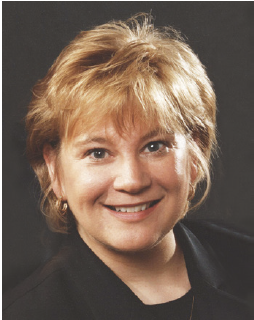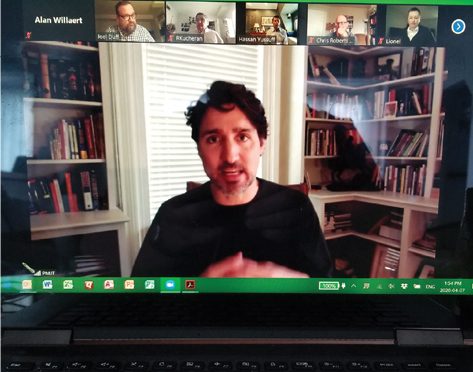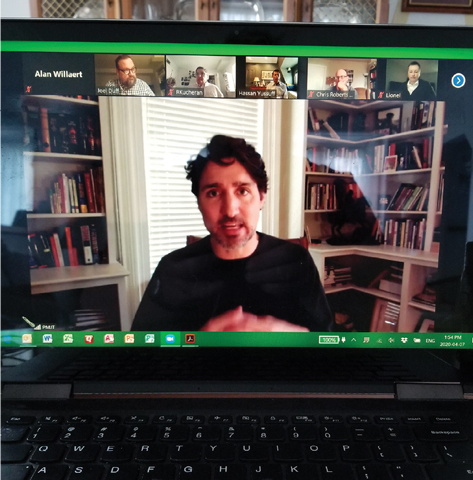Ugh! What a time this is: May 15, 2020. Everything below is based on my view from today. What the world looks like when you read this will/could be completely different. As of this writing is a phrase you should put in front of everything below.
When I let my imagination run, I speculate what the folks experiencing the Spanish flu in 1918 must have gone through. As much as we keep updating information every day about this pandemic, is it really helpful that we can disseminate information so fast, or does it work against us, keep us in a constant state of panic, because just as soon as we settle on a “truth,” new information unfolds that changes it? Masks are not needed; yes everyone needs to use masks; and maybe now, again, they don’t really accomplish much, but hopefully remind us of what’s going on and that we need to be careful, so wear them. Then there is all the speculation about when we can reopen for business. Whatever I might hypothesize today will probably have changed 10 times by the time you read this, and, it’s different from state to state, county to county. There is no national strategy.
We have to stay nimble and we have to determine ways that we can use this tragedy as an opportunity for making systemic change, work to come out stronger on the other side. When it comes to reopening, no one has the answer. Clubs may be the first to reopen in the entertainment world, but in Seoul, South Korea this week, the entertainment district has been shut down again after a surge of infected citizens can be traced back to several clubs. Concert halls have a whole different set of challenges because of the sheer numbers, and it’s not just about physical distancing, it’s also about time, as the longer you are in a closed space with people, no matter how well distanced you are, it’s possible for the level of coronavirus “droplets” to build in the environment, and then in your system, leading to a level where you can become infected.
What I do know is that many groups are working on this issue of “how to open safely.” Each state is determining their own guidelines, International Alliance of Theatrical Stage Employees (IATSE) has standards that they’re building, but most importantly, what will make the audience, as well as the workers, feel safe in our venues? Our orchestras, operas and ballets are all looking carefully at the issue, but there are a couple of outside organizations that I’m aware of that are also focused on this in the venue/club side. One is called the National Independent Venue Association (NIVA) and the other is called Reopen Every Venue Safely (REVS). As of today, these are brand new organizations, but I believe that it is critical for us, musicians, to be part of the discussions with all these organizations about safely opening, as we will be the workers on the line.
It’s our safety that needs to be critically looked at, especially given that we will be spending more time, hence increased risk, in the venues. Additionally, NIVA appears to be looking for funding to help sustain the venues through this period. It is my opinion that anything they are able to attain should flow through to the musicians as well. Maybe this is an opportunity to change the power dynamic that exists between the venue owners and musicians, a way to create a more level playing field (can you say, fair pay).
I encourage you to look throughout your communities, to find organizations that are working on these safety issues, and find a way to insert your voice into the conversation so that when we can perform again, we find ourselves in a better place than when the pandemic began. Every challenge can be an opportunity.
Stay safe out there.






